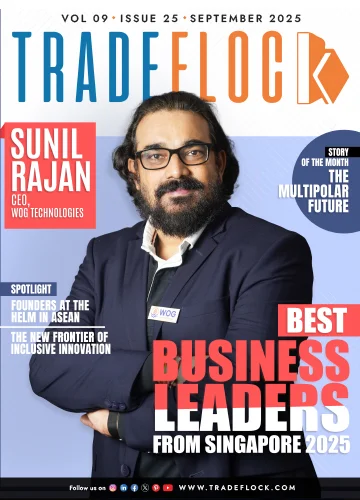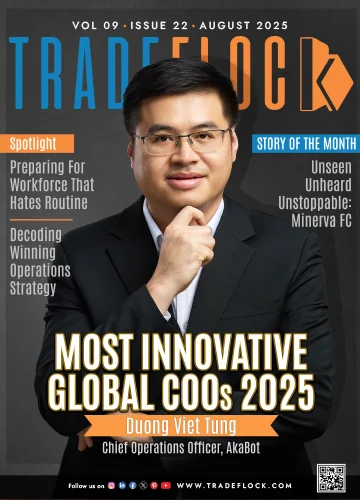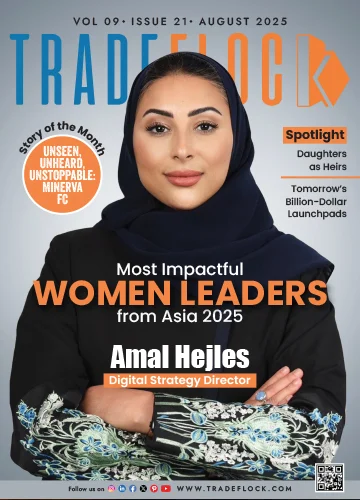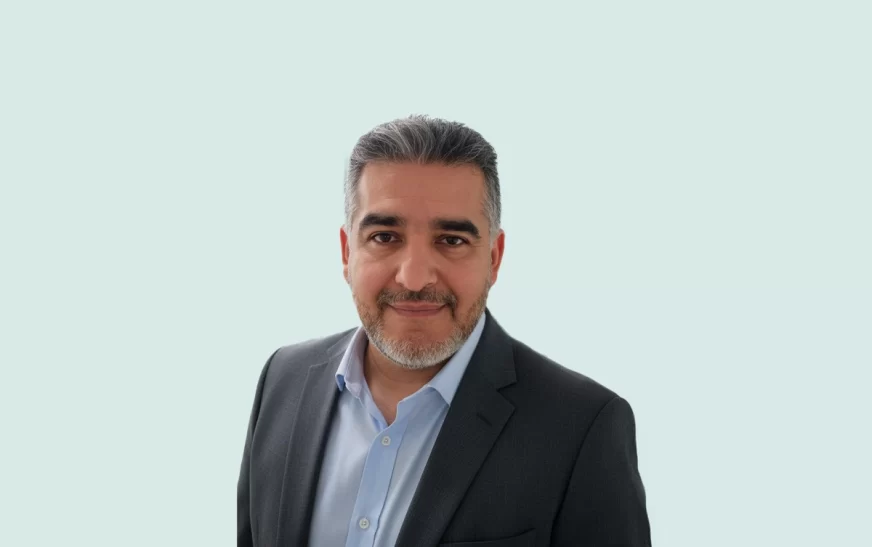
Workplaces Where People and Businesses Thrive Together
Maria Mubeen
HR Manager
Fahim, Nanji & deSouza (Pvt.) Ltd


Workplaces Where People and Businesses Thrive Together
Maria Mubeen
HR Manager
Fahim, Nanji & deSouza (Pvt.) Ltd
Maria Mubeen - Best HR Leaders from Asia 2025
Two companies. Two completely different business models. One HR leader steering them both to success— simultaneously. That’s the kind of high-stakes challenge Maria Mubeen not only embraced but also transformed into a defining career milestone. Today, as HR Manager at Fahim, Nanji & deSouza (Pvt.) Ltd, she brings that same blend of strategic acumen, adaptability, and people-first leadership to every role she takes on. Maria’s career began in the banking sector, where she mastered customer service excellence, employee training, and operational supervision. These early experiences sharpened her ability to understand people and processes in equal measure. Over time, her interest in developing talent and shaping organisational culture led her to transition into HR—a decision that opened doors to roles across IT, FinTech, education, and engineering consultancy. Her professional journey has been defined by an ability to adapt HR strategies to fit unique business needs. The most striking example came when she simultaneously managed group-level HR for two companies operating in entirely different sectors. This required not just policy design but cultural alignment, performance management, and engagement strategies that worked for each organisation’s distinct environment. The result was proof that strategic HR can be both agile and deeply impactful. At Fahim, Nanji & deSouza, Maria continues to align human capital initiatives with organisational objectives, fostering workplaces where employees feel valued, supported, and empowered to perform at their best. She thrives in dynamic, fast-paced environments and sees every challenge as an opportunity to drive growth—for both people and the business.For Maria, HR is a catalyst for change, a driver of performance, and a cornerstone of lasting organisational success. She discusses more about her work in this exclusive interview with TradeFlock.
"'I learned that understanding employee perspectives is as crucial as enforcing policies, it builds trust, uncovers root causes, and fosters meaningful engagement rather than just addressing surface-level issues."
What early career lessons guide your HR leadership today, and can you share an example of delivering measurable business or cultural impact?
One early lesson that continues to shape my HR leadership is the power of empathetic listening. I learnt that understanding employee perspectives is as crucial as enforcing policies— it builds trust, uncovers root causes, and fosters meaningful engagement rather than just addressing surface-level issues. At Arittek Solutions and Befiler, I applied this principle by streamlining HR processes across both organisations, strengthening manager– employee relationships, and coaching leaders on sensitive employee matters. This hands-on approach not only improved communication and collaboration but also drove measurable business outcomes. Productivity rose as teams felt more supported, engagement levels increased, and employees aligned more closely with strategic growth objectives. By combining empathy with structured HR practices, I was able to cultivate a culture of trust and accountability, demonstrating how thoughtful HR leadership can directly influence both organisational culture and performance.
How have you tailored HR strategy to align with Fahim, Nanji & deSouza’s technically diverse and multidisciplinary workforce?
At Fahim, Nanji & deSouza (FND), I prioritised understanding the unique challenges across diverse technical disciplines while promoting shared cultural values. I introduced initiatives to boost employee engagement, conducted gap analyses, and implemented recognition and reward systems at both small and large scales. These measures ensured that all employees, irrespective of their technical background, experienced clarity in expectations, fairness in treatment, and acknowledgement of their contributions. By balancing individual needs with organisational objectives, we fostered a cohesive and motivated workforce, driving both engagement and performance while reinforcing a culture of appreciation and inclusivity across the firm.
How have you used technology to deliver agile, data-driven, and personalised HR solutions in the era of AI, remote work, and hybrid teams?
With the rise of AI, I have integrated technology to deliver data-driven, personalised HR solutions. I leverage AI-powered tools for recruitment screening, employee sentiment analysis, and engagement insights. Digital platforms enhance onboarding, track engagement, and enable targeted learning programmes, making HR processes faster,moretransparent, and impactful. By combining technology with human judgement, we improve decision-making, employee experience, and organisational alignment, ensuring that HR interventions are timely, relevant, and measurable. This approach strengthens engagement, fosters growth, and drives both cultural and business outcomes in a rapidly evolving workplace.
"Productivity rose as teams felt more supported, engagement levels increased, and employees aligned more closely with strategic growth objectives."
What HR initiative most improved employee engagement or culture?
One of the most impactful initiatives I led at Fahim, Nanji & deSouza (FND) was establishing a structured employee feedback and support programme. I used surveys, group discussions, and one-on-one sessions to deeply understand employees’ experiences and concerns. By applying NLP techniques, I guided employees to reframe challenges, stay motivated, and manage stress effectively. This open and supportive approach built trust, strengthened training and recognition systems, and fostered a culture where employees felt genuinely heard and valued. The initiative resulted in higher engagement, improved team cohesion, and significantly better retention rates, demonstrating the tangible impact of proactive HR leadership.

